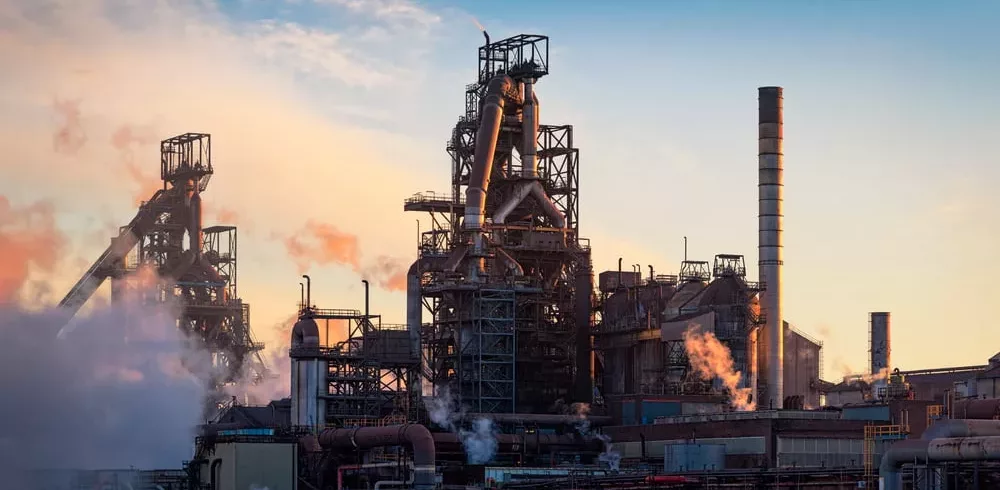A Greener Future for Port Talbot Steelworks: UK Government Commits £500m in Bid to Save Jobs
Tata Steel Invests £700m to Cut Emissions, but Job Losses Loom in Ambitious Green Transformation
In a bold and ambitious move towards a more sustainable future, the UK government has pledged up to £500 million to support the Port Talbot steelworks, the largest in Britain, in its quest to produce steel with a smaller environmental footprint. Partnering with Tata Steel, which will contribute an additional £700 million towards emission reduction efforts, the plan aims to revolutionise steel production while grappling with the possible loss of up to 3,000 jobs across the UK.
Breathing New Life into a Steel Giant
Port Talbot’s steelworks, nestled in South Wales, is renowned for its two blast furnaces that tirelessly churn out steel used in an array of products, from tin cans to automobiles. Yet, its size and output also make it one of the UK’s leading polluters, prompting the urgent need for a green makeover.
A Leap Towards Sustainability
To address this challenge, the UK government has committed to funding the installation of cutting-edge electric arc furnaces for steelmaking, at an estimated cost of £1.25 billion. Pending regulatory and planning approvals, these furnaces are expected to be operational within three years, marking a significant step towards greener steel production.
While embracing sustainability, Tata Steel acknowledges that the transformation will necessitate a “transition period, including potential deep restructuring” at the Port Talbot plant.
A Balance Between Jobs and Emissions
The ambitious plan does come with a sobering caveat: the potential loss of around 3,000 jobs, a prospect that has sparked concern among unions and the local workforce. The move towards less labor-intensive furnaces is seen as a necessary transition but one that may have human costs.
However, the UK government remains optimistic, asserting that the deal “has the potential to safeguard over 5,000 jobs across the UK.” Tata Steel currently employs approximately 8,000 people in the UK, with 4,000 of them based in Port Talbot.
A Greener Tomorrow
Beyond preserving jobs, the Port Talbot transformation holds the promise of a greener future. The UK government anticipates a 7% reduction in the nation’s entire business and industry carbon emissions, a 22% decrease in Wales’s overall emissions, and a remarkable 85% reduction in emissions at the Port Talbot site itself.
Additionally, replacing the existing coal-powered blast furnaces is projected to “reduce the UK’s entire carbon emissions by around 1.5%,” contributing significantly to the nation’s broader climate goals.
While challenges loom on the horizon, this ambitious endeavour showcases the determination to strike a balance between preserving jobs and forging a more sustainable path for steel manufacturing. It’s a bold step towards a cleaner, greener future that Port Talbot, and the entire UK, can look forward to with optimism and hope.
Government Commits £500m in Bid to Save Jobs
Manufacturing & Engineering Magazine | The Home of Manufacturing Industry News














